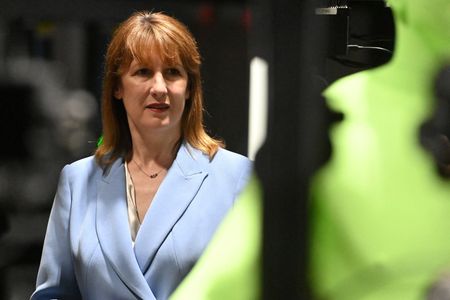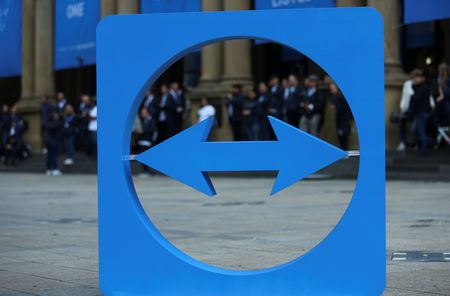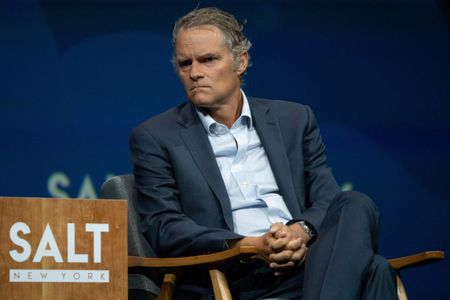LONDON (Reuters) -British finance minister Rachel Reeves said Brexit along with spending cuts by previous governments had weighed more heavily on the economy than originally thought as she readies a budget likely to include tax increases but also measures to boost growth.
In comments reported by the Guardian newspaper, Reeves said she was aiming to defy an expected downgrade in the economic growth forecasts from Britain’s independent fiscal watchdog, the Office for Budget Responsibility.
“We also know – and the OBR, I think, is going to be pretty frank about this – that things like austerity, the cuts to capital spending and Brexit have had a bigger impact on our economy than even was projected back then,” she was quoted as saying by the newspaper during a conference in Birmingham.
“That’s why we are unashamedly rebuilding our relations with the European Union to reduce some of those costs that were, in my view, needlessly added to businesses since 2016 and since we formally left a few years ago.”
The OBR has estimated that Brexit will reduce Britain’s long-term level of productivity by 4% compared with remaining in the European Union.
On Saturday, Bank of England Governor Andrew Bailey said Brexit was likely to continue to weigh on British economic growth over the coming years.
Data published earlier showed Britain’s public borrowing in the first half of the financial year was the highest on record except during the height of the coronavirus pandemic, keeping up the pressure on Reeves ahead of the November 26 budget.
Later on Tuesday, Reeves was quoted by the Financial Times as saying she hoped to see further cuts to interest rates by the Bank of England after measures in her budget which will be aimed at easing the cost of living burden on families.
“There will be targeted action in the budget around prices because I want to bring down the cost of living for families,” Reeves said. “And I want to see interest rates, which have gone down five times in the last year and a bit, come down further.”
Britain has the highest inflation rate among Group of Seven economies, at 3.8% in August, and the BoE thinks it will peak at 4% in September before falling back to the central bank’s 2% target only in the spring of 2027.
Governor Andrew Bailey and his colleagues have said the outlook for inflation is still unclear, making it hard to predict when interest rates are likely to be cut again.
(Reporting by William Schomberg and Catarina Demony; Editing by Daniel Wallis)










